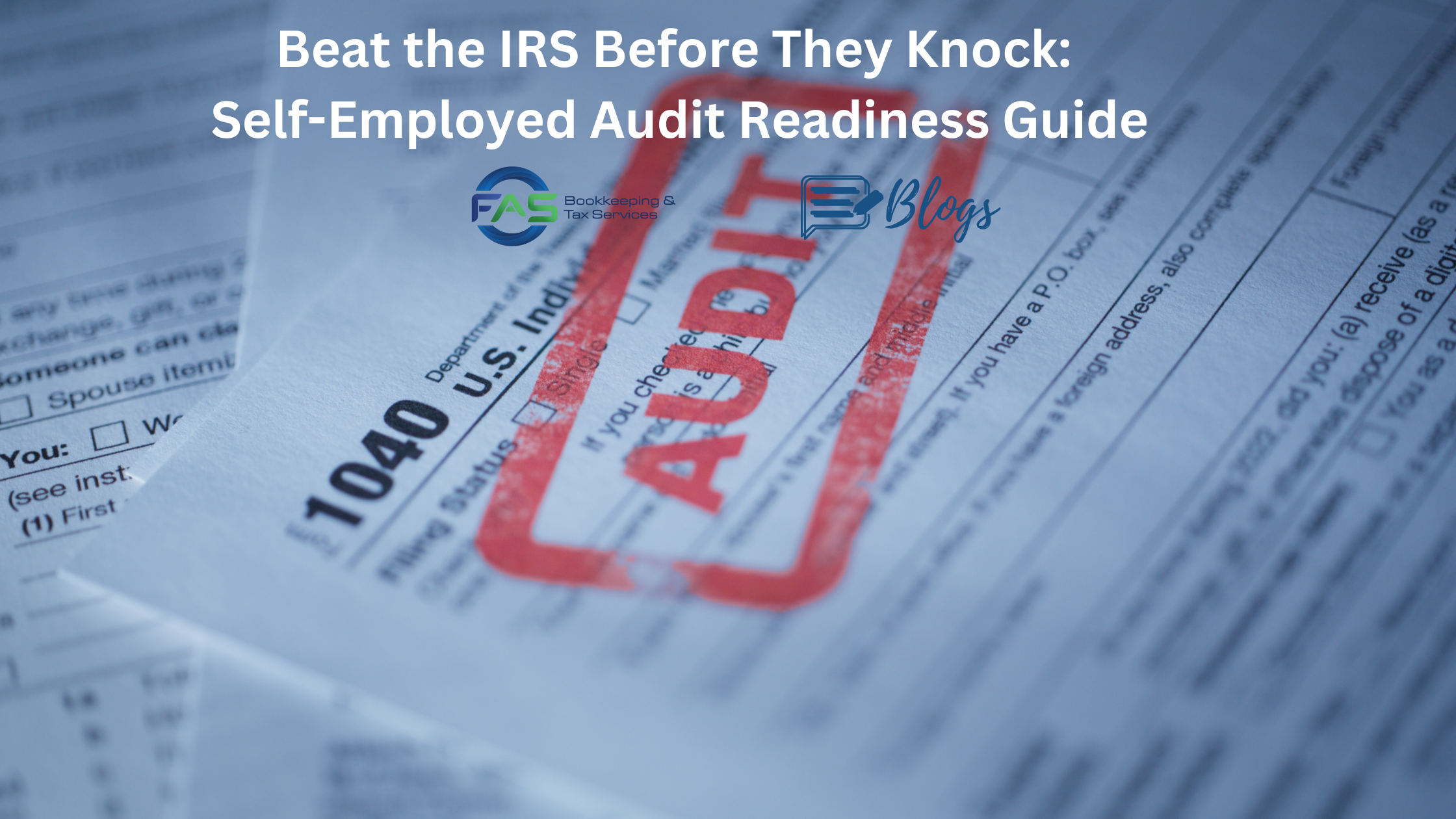If you’re conscientious about financial reporting, you may already have a sense of your company’s worth, but in some instances, you might need a formal business valuation, such as:
- Certain transactions: Are you selling your business? Planning an IPO? Need financing?
- Tax purposes: This includes estate planning, stock option distribution, and S Corporation conversions.
- Litigation: Often needed in cases like bankruptcy, divorce, and damage determinations.
There isn’t a single formula for valuing a business, but there are generally accepted measures that will give you a valid assessment of your company’s worth. Here are three tips that you can use to give your business a more accurate valuation.
1. Take a Close Look at How your Business Operates.
Does it incorporate the most tax-efficient structure? Have sales been lagging or are you selling most of your merchandise to only a few customers? If so, then consider jump-starting your sales effort by bringing in an experienced consultant who can help.
Do you have several products that are not selling well? Maybe it’s time to remove them from your inventory. Redesign your catalog to give it a fresh new look and make a point of discussing any new and exciting product lines with your existing customer base.
It might also be time to give your physical properties a spring cleaning. Even minor upgrades such as a new coat of paint will increase your business valuation.
2. Tangible and Intangible Assets.
Keep in mind that business valuation is not just an exercise in numbers where you subtract your liabilities from your assets, it’s also based on the value of your intangible assets.
It’s easy to figure out the numbers for the value of your real estate and fixtures, but what is your intellectual property worth? Do you hold any patents or trademarks? And what about your business relationships or the reputation you’ve established with existing clients and in the community? Don’t forget about key long-term employees whose in-depth knowledge about your business also adds value to its net worth.
3. Choose your Appraisal Team Carefully.
Don’t try to do it yourself by turning to the Internet or reading a few books. You may eventually need to bring in experts like a business broker and an attorney, but your first step should be to contact us. We have the expertise you need to arrive at a fair valuation of your business.
If you need a business valuation for whatever reason, contact us today at admin@fas-accountingsolutions.com or (832)-437-0385.





